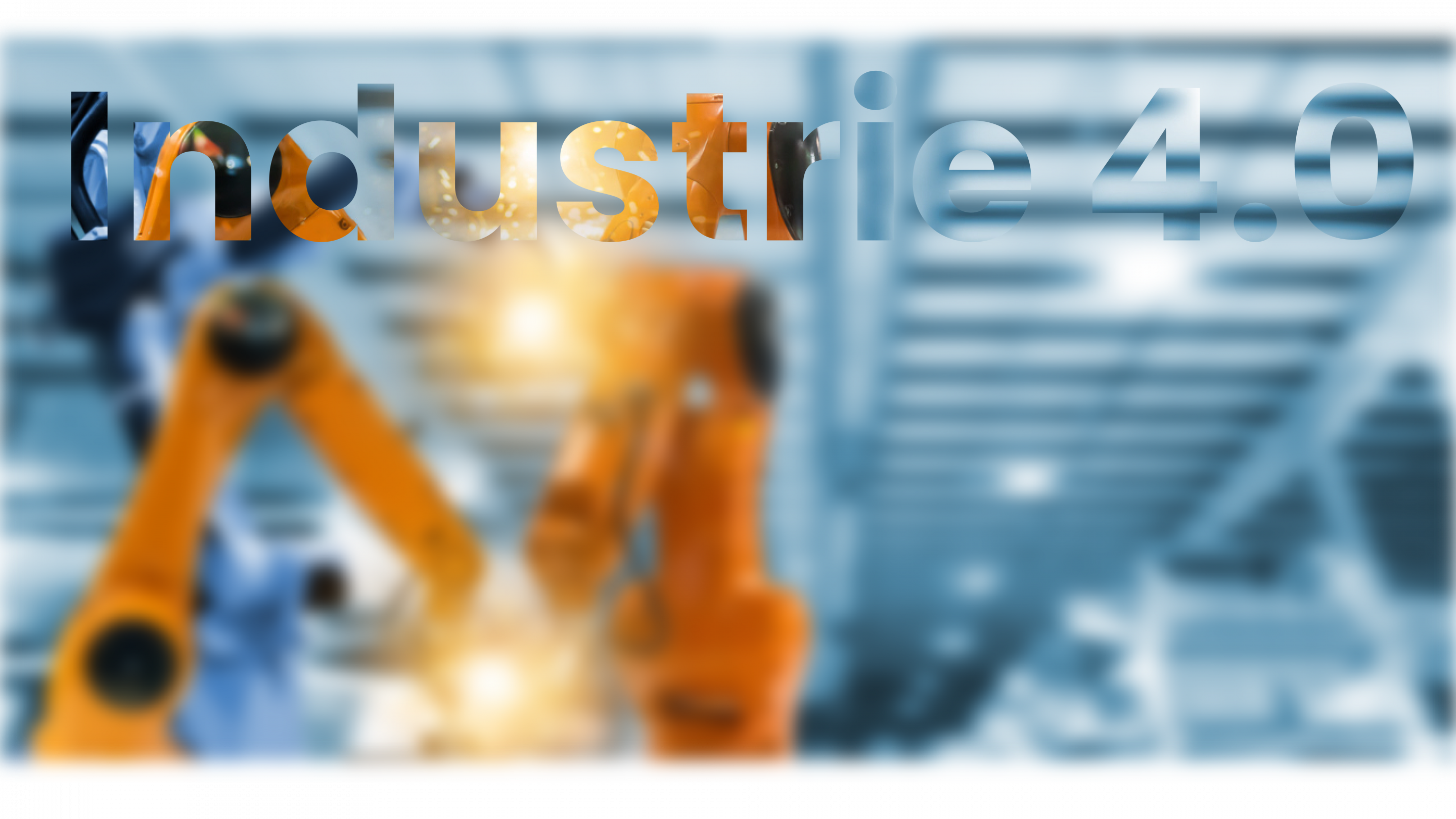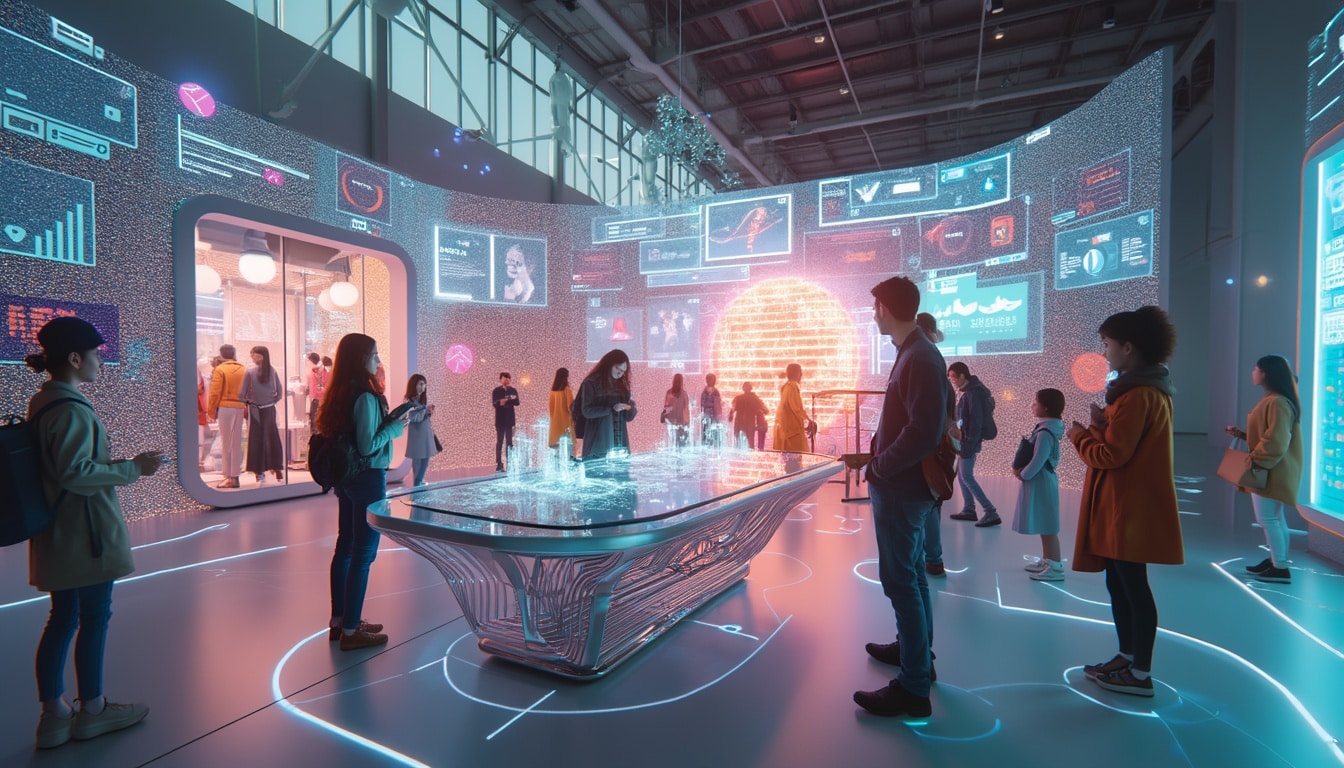Table of Contents
ToggleThe impact of digitalization on industry
Digitalization profoundly changes production processes within various industrial sectors. Through the integration of digital technologies, companies are able to improve their operational efficiency and reduce costs. Machines become smarter and interconnected, enabling automated and optimized production.
With the use of artificial intelligence and data analysis, companies can predict equipment failures and adjust their maintenance accordingly. This level of proactivity minimizes downtime and maximizes productivity.
The advantages of digitalization include:
- Increased flexibility: Digital systems allow for rapid adaptation to changes in demand.
- Improved quality: Digitalization enables rigorous real-time quality control, ensuring products meet the highest standards.
- Customization of offerings: Companies can now offer tailored products that specifically meet customer needs.
Data security is another crucial issue. Companies must not only implement digital solutions but also ensure compliance with cybersecurity standards. This includes protection against data breaches and cyberattacks that could compromise their operations.
It is essential to consider the impact of digitalization on the workforce. While new technologies create opportunities, they also raise concerns about resistance to change from employees. Training and support thus become essential elements to ensure a successful transition.
Ultimately, digitalization is not limited to the implementation of new technologies. It transforms business models, redefines processes, and offers new perspectives for the future of industry. Companies must embrace this digital revolution to remain competitive and respond to an ever-changing environment.
New technologies and their integration
Digitalization deeply transforms the industrial landscape. It introduces innovative working methods and optimizes production processes, thereby enhancing the competitiveness of companies.
New technologies play a central role in this evolution. The integration of digital tools such as artificial intelligence, Internet of Things (IoT), and robotics redefine performance and productivity standards. These technologies offer tailored solutions that enable the collection, analysis, and processing of data in real-time.
Inventory management is optimized through intelligent systems capable of predicting supply needs. Moreover, predictive maintenance, made possible by these new innovations, significantly reduces machine downtime.
Another important aspect of this transformation is interconnected collaboration. Digital platforms facilitate communication among various stakeholders in the value chain, from suppliers to customers. This allows for greater agility and a quick response to market fluctuations.
- Improvement of operational efficiency: Cost and time reductions through automation.
- Customization of products: Offering tailored options to each customer to enhance satisfaction.
- Transition to sustainable models: Use of technologies that promote greener production.
Digital health, essential in the context of digital transformation, ensures that cybersecurity is integrated from the outset. Companies must ensure they protect their sensitive data and comply with current regulations, while also training their employees to manage digital risks.
In summary, the impact of digitalization on industry is both radical and beneficial. It paves the way for renewed perspectives and continuous innovation, essential for navigating an ever-evolving business environment.
The evolution of skills and jobs
Digitalization significantly transforms the industrial landscape by redefining production processes and improving operational efficiency. Digital technologies enable better data collection and analysis, leading to more informed decisions and resource optimization.
Companies are adopting solutions such as cloud computing, artificial intelligence, and Internet of Things (IoT) to modernize their infrastructures. This leads to greater agility and the ability to quickly adapt to market changes. As a result, digitalization not only boosts productivity but also contributes to the sustainability of industrial operations.
A major transformation is affecting the field of skills and jobs. With the integration of new technologies, the profiles sought after are evolving. Companies are looking for professionals capable of managing and analyzing data, as well as developing digital strategies.
- Technical skills in programming and data analysis are becoming essential.
- The ability to manage digital transformation projects is increasingly valued.
- Knowledge of cybersecurity systems is crucial to protect sensitive data.
Many traditional positions now require continuous training and adaptation to new technologies. The rise of automation necessitates the reassessment of certain functions, creating challenges for workers but also opportunities for career retraining.
Companies must therefore invest in the training of their employees to meet these new needs. This involves working closely with human resources teams to develop programs tailored to the evolving skills required by digitalization.
Ultimately, the impact of digitalization on industry manifests not only through technological improvements but also through a profound transformation of human resources, which lie at the heart of the success of digtal transformation projects.










